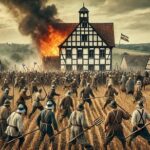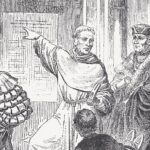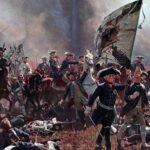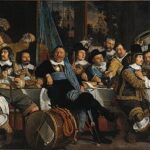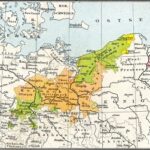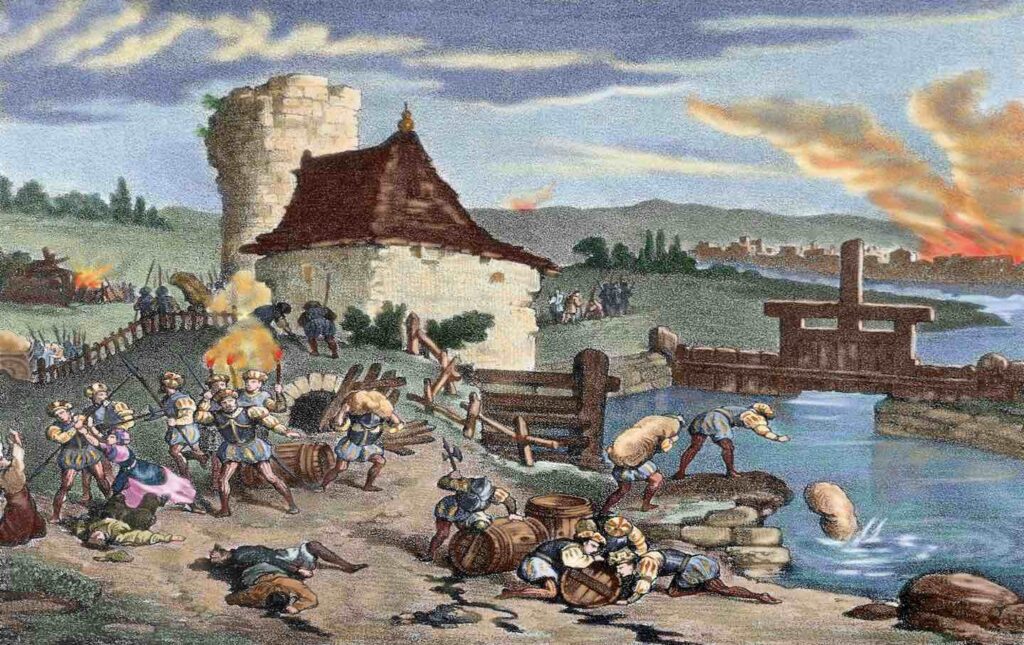
In 1524, the rural towns and countryside of the Holy Roman Empire exploded in revolt. Fueled by spiritual awakening, rising expectations, and long-simmering grievances, tens of thousands of peasants, laborers, and lower-class townsfolk took up arms. Their goal? To end centuries of feudal oppression – and to claim the spiritual and social freedom that the Reformation seemed to promise.
The German Peasants’ War became the largest popular uprising of the 16th century in Europe. Though ultimately crushed, it revealed deep cracks in the medieval order and reshaped the trajectory of both religious reform and social justice in Germany.
Let’s explore what drove this momentous revolt, who led it, how Martin Luther responded, and why its legacy still sparks debate.
Roots of the Rebellion
The causes of the Peasants’ War were complex and layered:
Economic Pressure
- Increasing tax burdens, tithes, and feudal dues weighed heavily on peasants.
- Lords often enclosed common lands, restricting access to grazing and firewood.
- Inflation and poor harvests in the early 1520s intensified hardship.
Political Injustice
- Peasants were subject to arbitrary justice from feudal courts.
- Lords demanded unpaid labor (corvée) and controlled all aspects of village life.
Religious Reform
- Luther’s message of freedom of conscience, the priesthood of all believers, and criticism of Church authority inspired hopes for social liberation.
- Radical preachers and pamphlets spread reformist ideas among the rural population.
The convergence of these forces created a perfect storm. What began as scattered protests quickly coalesced into a movement.
The Twelve Articles
In 1525, peasants from Swabia (southern Germany) drafted the Twelve Articles – a manifesto outlining their demands. It was revolutionary in both tone and substance.
Key demands included:
- The right to choose their own pastors.
- Abolition of serfdom.
- Fair rents and just tithes.
- Restoration of common lands.
The document called for reform based on the Bible, not violent rebellion. But as it circulated widely (thanks to the printing press), it gave a unifying vision to peasant uprisings across Germany.
Spreading the Uprising
The rebellion spread like wildfire in 1524–1525:
- Over 300,000 peasants rose in arms across Swabia, Franconia, Thuringia, and Saxony.
- Some towns, including Mühlhausen and Memmingen, were temporarily taken over by rebel councils.
- Peasant bands formed alliances, raised flags, and even created provisional governments.
Leaders like Thomas Müntzer, a fiery preacher and former ally of Luther, called for the complete overthrow of unjust rule – claiming divine authority for the people.
Some noble castles and monasteries were looted or destroyed. But most rebels hoped for negotiated reform, not widespread bloodshed.
Martin Luther’s Response
At first, Luther sympathized with the peasants’ cause. But as the violence escalated, he turned against them.
In his pamphlet “Against the Murderous, Thieving Hordes of Peasants,” Luther denounced the revolt:
“Let everyone who can, smite, slay, and stab.”
He feared that the uprising threatened civil order and discredited the Reformation. Luther urged princes to restore order – with deadly consequences.
Crushing the Rebellion
Noble armies, including those of the Swabian League, responded with brutal force:
- An estimated 100,000 peasants were killed in battles or massacres.
- Survivors faced executions, fines, and reimposed feudal duties.
- Leaders like Müntzer were captured and executed.
By the end of 1525, the rebellion had been crushed. No major demands were granted. The dream of a reformed society from below had died.
Legacy and Impact
Though defeated, the Peasants’ War had lasting consequences:
- It revealed the limits of Reformation-era social reform.
- It exposed a growing divide between elite reformers and popular movements.
- Protestantism became more closely aligned with princely power, not grassroots change.
Some reformers, especially in Anabaptist and radical traditions, carried forward the vision of a more egalitarian church and society.
In modern times, historians have revisited the Peasants’ War as:
- An early expression of class consciousness.
- A challenge to authoritarian rule.
- A reminder that religious revolutions often ignite social ones.
The German Peasants’ War wasn’t just a failed revolt – it was a powerful moment when faith, justice, and rebellion converged. It showed the courage of ordinary people demanding dignity, and the fear that such demands provoked in those who held power.
Related Topics:
Reformation and Early Modern Period – Explore the major transformations in German history from the 16th to early 19th centuries, including religious upheaval, political change, and cultural milestones.
Martin Luther and the 95 Theses – Discover how Luther’s 1517 protest against indulgences sparked the Protestant Reformation and forever altered the religious landscape of Germany and Europe.
The Thirty Years’ War and Its Impact on Germany – This devastating conflict reshaped Central Europe, leading to massive depopulation, destruction, and long-term political fragmentation in the German lands.
The Peace of Augsburg – Discover the Peace of Augsburg, its role in shaping Germany’s religious landscape, and how it laid the groundwork for centuries of conflict and compromise.
The Peace of Westphalia (1648) – The treaty that ended the Thirty Years’ War established new political boundaries and is considered a foundation of modern international diplomacy.
Rise of Brandenburg-Prussia – Follow the emergence of Brandenburg-Prussia as a rising power in northern Germany, laying the groundwork for future German unification.
The Enlightenment in the German States – Learn how German philosophers, writers, and reformers contributed to the broader European Enlightenment with ideas on reason, science, and governance.
German Scientific and Cultural Achievements (18th Century) – Explore the flourishing of music, philosophy, and science in 18th-century Germany, from Bach and Goethe to Kant and Humboldt.
Frederick the Great of Prussia – Examine the reign of Frederick II, a military strategist and Enlightened monarch who modernized Prussia and expanded its influence.
The Napoleonic Wars and the Confederation of the Rhine – Discover how Napoleon’s reshaping of German territories led to the end of the Holy Roman Empire and the formation of a French-aligned confederation.
The Congress of Vienna and the German Confederation – Understand how European powers redrew the map after Napoleon’s defeat, establishing the German Confederation as a loose alliance of states.
